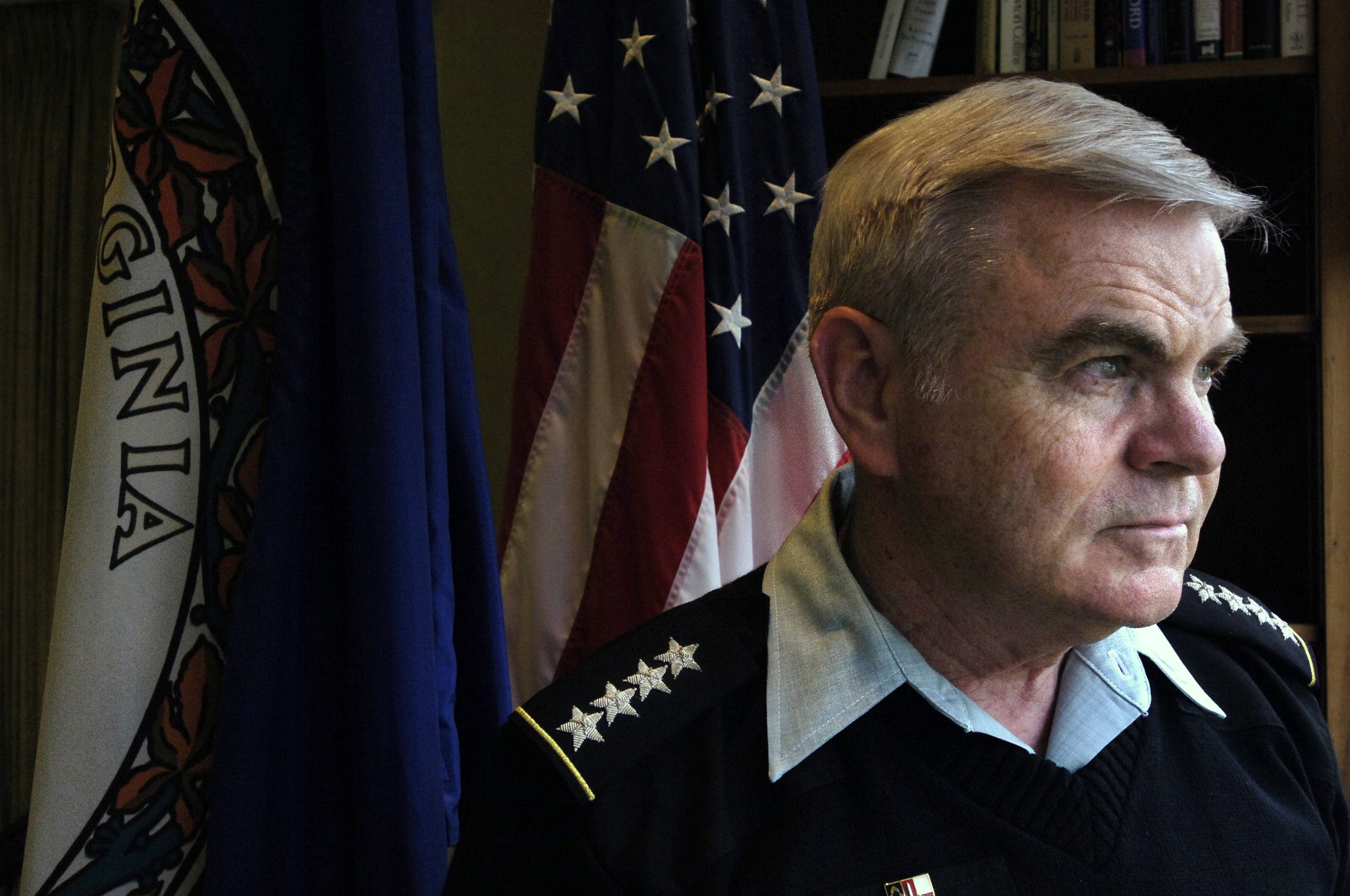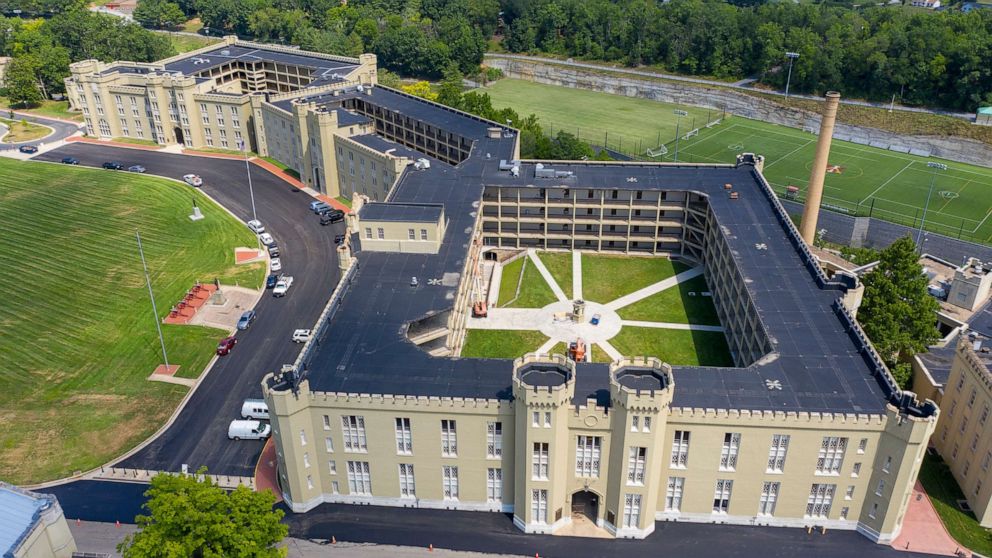Virginia Military Institute leader resigns after state opens investigation into alleged ongoing racism
The Virginia Military Institute stressed, "systemic racism does not exist here."
The superintendent of Virginia Military Institute has resigned after state officials alleged there's "ongoing structural racism" at the school.
Retired Army Gen. J.H. Binford Peay III wrote Monday in his resignation letter to the Board of Visitors -- the school's 16-member supervisory board -- that he was stepping down because Virginia Gov. Ralph Northam's "chief of staff conveyed that the governor and certain legislative leaders had lost confidence in my leadership."
Northam's press secretary, Alena Yarmosky, said in a statement to ABC News, "Change is overdue at VMI, and the Board of Visitors bears a deep responsibility to embrace it."

Peay's resignation comes after The Washington Post reported this month that Black students -- about 8% of the student body -- face an "atmosphere of hostility and cultural insensitivity" as well as "relentless racism."
The Post referenced a recent graduate who lodged a complaint last year, claiming a white professor "reminisced in class about her father’s Ku Klux Klan membership." The professor continues to teach, according to the Post.
In 2018, a white student told a Black freshman during Hell Week that he'd "lynch" him, according to the Post. The student was suspended but not expelled, according to the Post.
Last month, two Black students were punished for boycotting a speech by Vice President Mike Pence, the Post reported.
Two days after the Post article was published, Northam, along with several other legislative leaders including the state's attorney general and lieutenant governor, wrote to the president of the VMI Board of Visitors, blasting the school for what they called a "clear and appalling culture of ongoing structural racism."

"Black cadets at VMI have long faced repeated instances of racism on campus, including horrifying new revelations of threats about lynching, vicious attacks on social media, and even a professor who spoke fondly of her family’s history in the Ku Klux Klan," the letter said. "This culture is unacceptable for any Virginia institution in the 21st century, especially one funded by taxpayers."
The state officials said they're ordering "an independent, third-party review of VMI’s culture, policies, practices, and equity in disciplinary procedures." The state's requesting preliminary results by the end of the year.
Virginia's chief diversity officer and secretary of education will meet with the Virginia Military Institute's Board at least three times this year to review best practices and help with its diversity plan, the governor's letter said, stressing that there's a "clear expectation" that "the culture of VMI will change."
The president of the VMI Board of Visitors, John Boland, denied the existence of systemic racism at the school, writing in a letter to the governor on Oct. 20: "Virtually all colleges in the 50 states can point to inappropriate behavior by their students or faculty members. VMI is not immune. However, systemic racism does not exist here and a fair and independent review will find that to be true."
Boland said "the incidents detailed in The Washington Post article, several of which are many years old, had more to do with an individual’s lapse of judgment than they do with the culture of the Institute. Each one, as is the case with any allegation of racism or discrimination, was investigated thoroughly and appropriate action was meted out in a timely fashion. These incidents were perpetrated by few individuals and were in no way condoned by the Institute."
Boland said he welcomes "an objective, independent review of VMI’s culture and the Institute’s handling of allegations of racism and/or discrimination."
"We have spent countless hours seeking the input of a diverse group including of cadets, faculty, staff, alumni, and community leaders," Boland continued.
"Administrators have already begun a review of nearly 30 operational elements of the Institute including traditions, ceremonies, culture, and the relationship between our cadets and alumni just to name a few," he said. "The way forward was thoroughly reviewed and discussed at the September 2020 Board of Visitors meeting and was endorsed as a path toward ensuring an Institute free from racism and discrimination."
Boland said Monday that Peay's resignation was accepted "with deep regret."
"General Peay has served VMI as superintendent exceptionally well for more than 17 years," Boland wrote. "General Peay is a great American, patriot, and hero. He has profoundly changed our school for the better in all respects."




